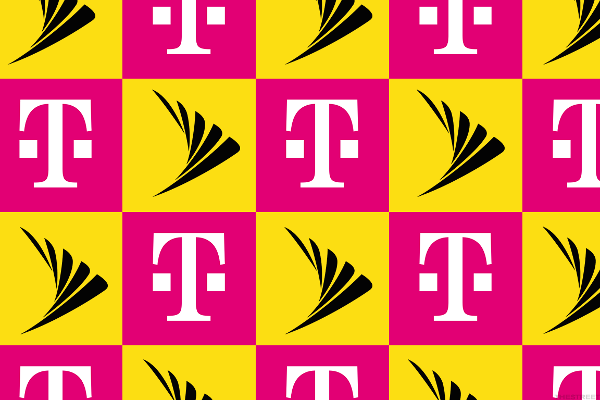 We now have the more detailed report from Bloomberg (link below)
We now have the more detailed report from Bloomberg (link below)
As we stated in the first post, among the options being discussed is the separation and potential sale of the prepaid businesses. Other options — such as selling airwave licenses or setting up a new fourth carrier through a network-leasing arrangement — are being discussed but are considered “less attractive.”
The idea of concessions suggests that they’re anticipating a challenge from the Justice Department’s antitrust division and the FCC, both of which have to sign off on the transaction.
A concession offer, which would hinge on the deal getting cleared, may help advance the discussions. Already, the companies have said they will create a customer-service center employing more than 1,000 people near Rochester, New York — but only if the merger goes through.
The prepaid industry has been a focus of some of the state attorneys general. They fear that a consolidated, three-carrier market would harm low-income customers the most by reducing choices and raising prices.
Together, Metro, Boost and Virgin Mobile make up the largest segment of the U.S. prepaid market, with about 42%. TracFone would be second, with about 32%, followed by Cricket, at roughly 25%.
A spinoff of the prepaid business might give regulators and antitrust enforcers the type of structural remedy that can be held up as an example of ensuring competition in the market.
The idea has been floating around ever since the deal was announced a year ago. Boost Mobile founder, Peter Adderton, whose business was acquired by Sprint in 2006, has pushed to have the companies sell one of the brands to preserve competition.
—
| NWIDA members, contact us today if you need our assistance and if you’re not yet a member, we invite you to join today. |  |
| Want news like this delivered to your inbox? Click HERE | |
| Want news like this delivered to your Alexa Flash Briefing? Click HERE | |
| Want news like in your RSS feed? Click HERE |
